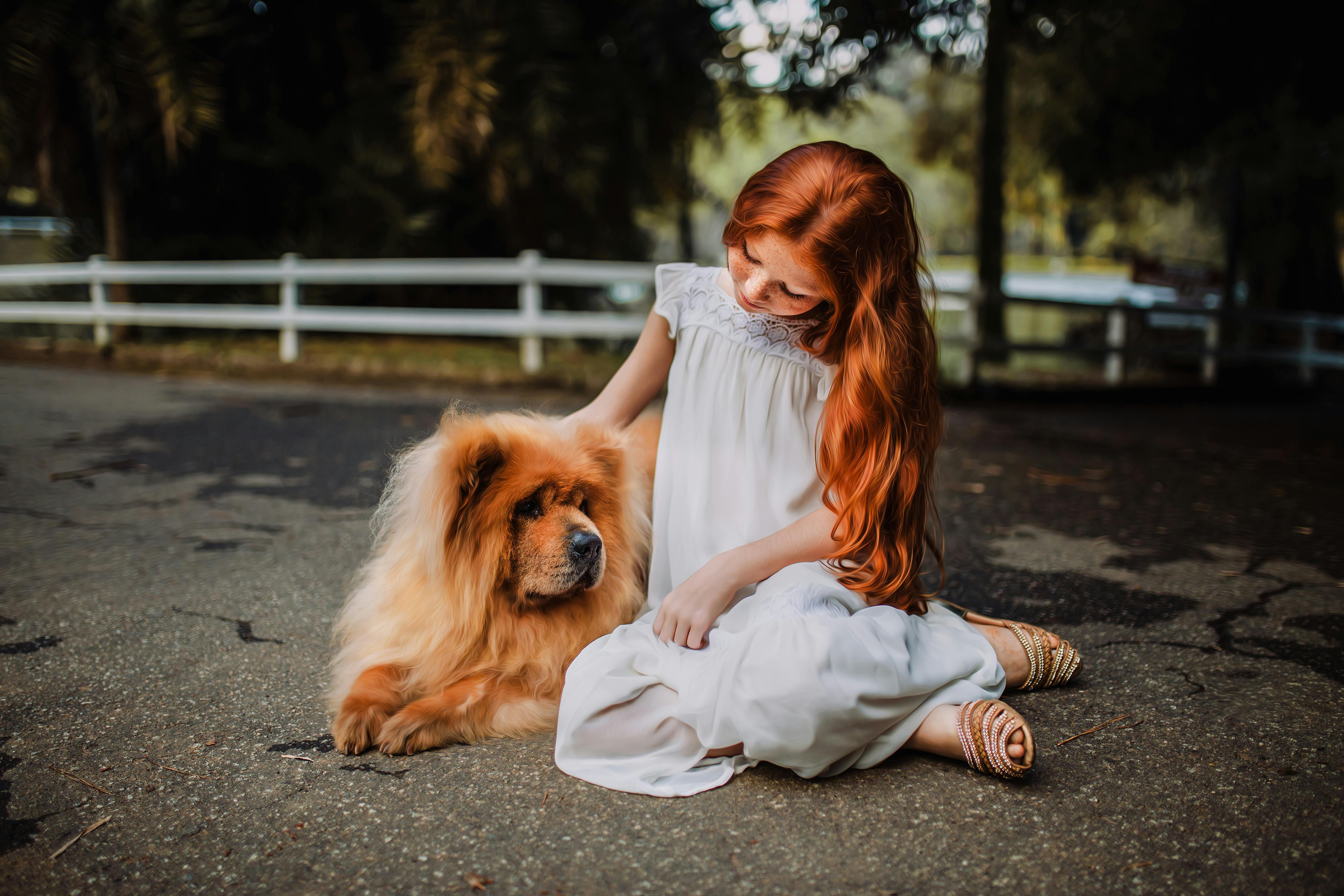What to look for when buying or adopting a new dog: the most common mistakes when buying a puppy
Finding the right dog can be a challenging and exciting task. There are many breeds of dogs and each has its own advantages and disadvantages. There are some common precautions that can be taken to minimize the chances of acquiring an unhealthy animal or dog that is not suitable for a specific lifestyle.
Here are some important ideas to consider before buying a dog:
Buying a dog: Buying a dog can be thought of as buying a used car. Although animals are not cars, this can help take emotions out of the purchase and can allow the shopper to have a “clear mind” when looking at the dog. All animals purchased must have a return policy if they are diagnosed with a previously contracted disease or congenital birth defect. Quality breeders will often offer to allow a veterinary exam paid for by the potential buyer before selling the puppy. This is a great way to check for heart disease, infectious diseases, or parasites.
Pre-health exam: Quality breeders will often offer to allow a veterinary exam paid for by the potential buyer before selling the puppy. This is a great way to check for heart disease, infectious diseases, or parasites.
Owners: Puppies should NEVER be purchased in parking lots, flea markets, or on the side of the road. These dogs are often part of large puppy mills that keep these dogs in horrible conditions. It may save that specific dog but overall it helps fuel the continuation of these inhumane breeding programs. If you find a dog for sale on the side of the road, always ask to return to where the dogs were bred before purchasing the dog.
Breed selection: It is very important to research which breed best suits your lifestyle before looking for a dog.
A) Active Lifestyle – If you enjoy activities like running, biking, or walking, then you should get a larger, more athletic dog. Taking short-faced dogs, such as Bulldogs or Boston terriers, for prolonged periods of exercise can be life-threatening. Small dogs also do not do well with prolonged exercise.
B) Non-Active Lifestyle – If you tend to stay home watching movies on your days off or are away from home, then you may want to consider a more laid back breed. Some smaller breeds can be brought into stores and don’t need as much exercise as miniature breeds such as poodles, pinchers, chihuahuas.
C) Noisy Breeds – There are some breeds that should be avoided if you live in a noise sensitive environment. Examples: Beagles, hunting dogs, and some small breed dogs can be very vocal.
Family – Always ask to see the parents and siblings of your potential new dog if possible. This can be a good predictor of many factors:
A) Parents: This is a good way to measure approximate size at maturity. Also, a good history of the parents will give you clues about genetic diseases and the general temperament of the breed.
B) Siblings: A common misconception is that the “cutest” or smallest dog in the litter is often chosen. The smallest dog in the litter is the “little one” and is the most likely to be sick or have genetic diseases. Make sure to pick the biggest and strongest of the litter if you get the chance.
Be sure to review these steps before purchasing or adopting a puppy. Being a responsible animal buyer helps deter unethical dog breeding. Being methodical in the buying process will also ensure that you don’t end up with a sick dog that is in pain and requires expensive medical attention.
